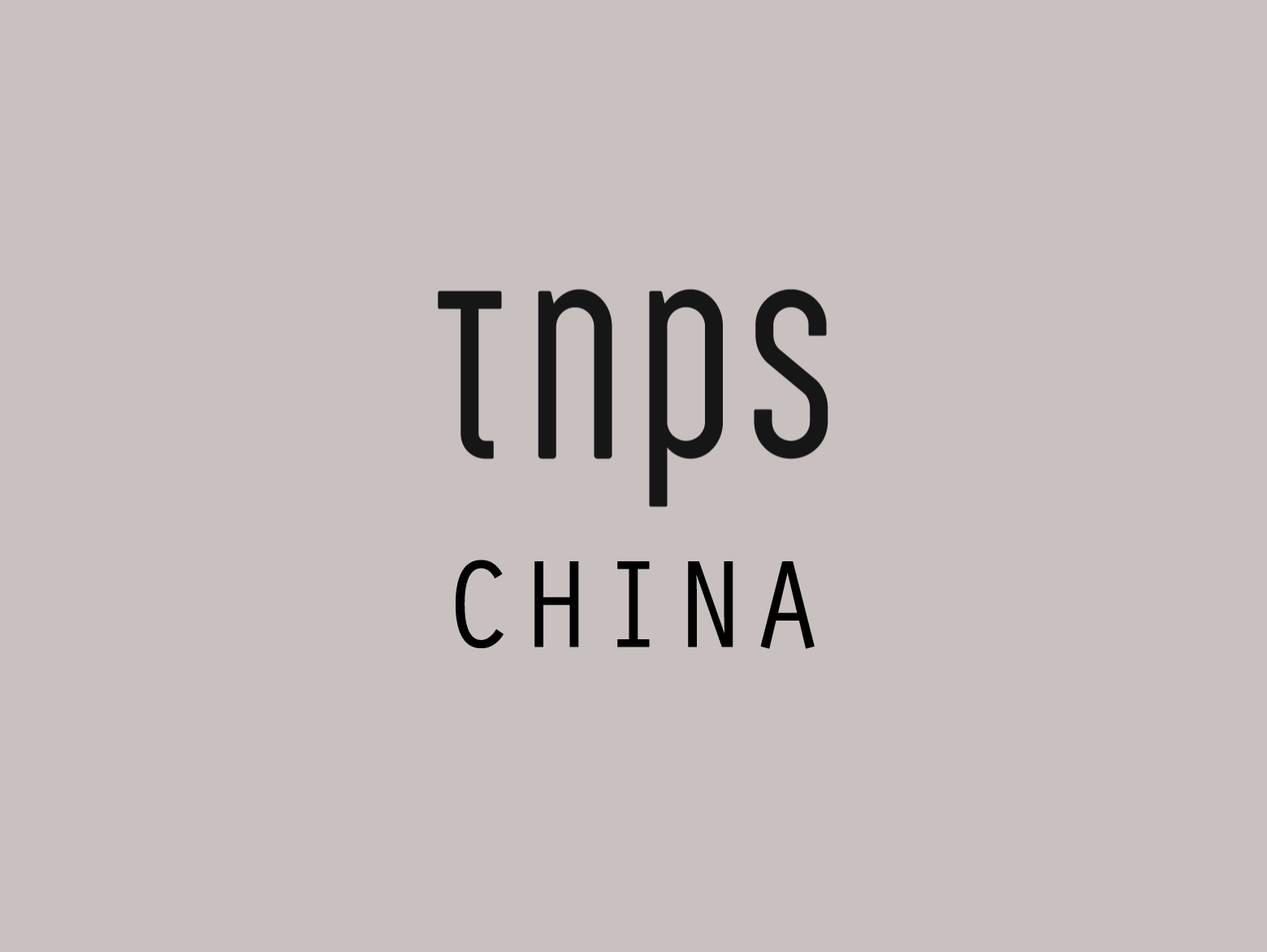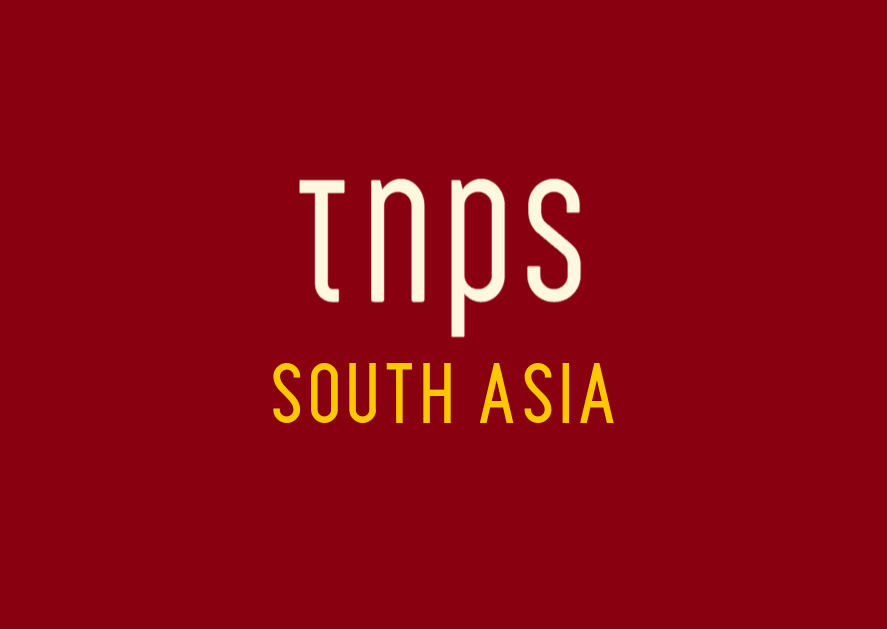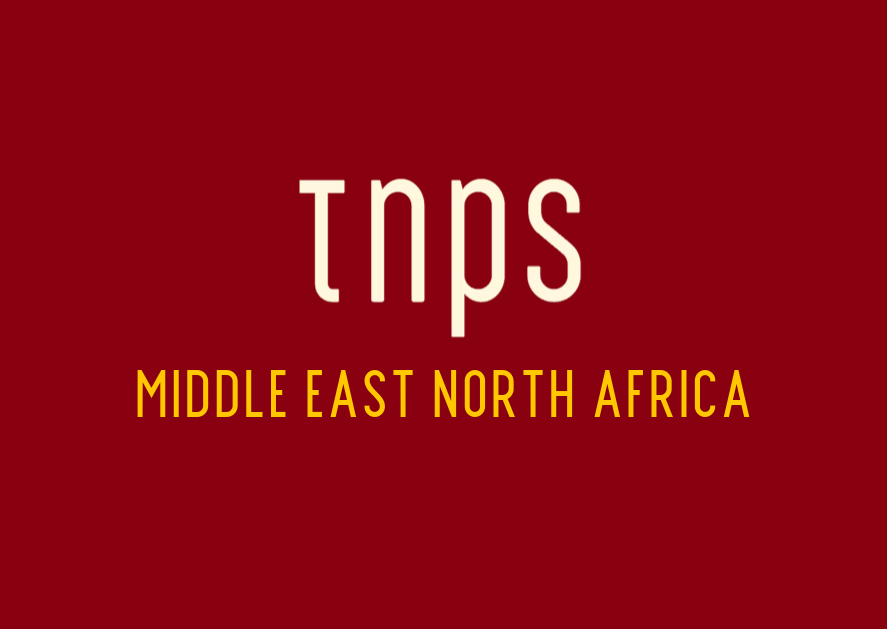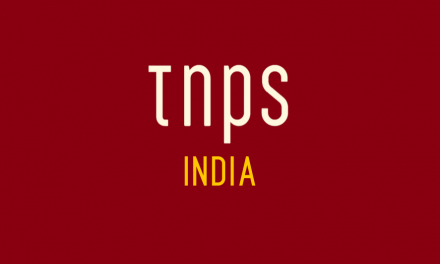Marvel’s newest superhero movie, Avengers: Endgame, launches across the world in April, and is predicted by some optimists to be the first Hollywood movie to break the half billion dollar mark at the US box office.
Given none has yet broken the $400 million mark, that’s wildly ambitious. Observes The Hollywood Reporter,
The biggest U.S. releases to date are The Fate of the Furious with $392 million, Furious 7 at $390.9 million and Avengers:Infinity War, which finished at $359.9 million.
In China Avengers:Infinity War managed only $199.3 million, less than half the US take.
But that’s the point here: a piece of western popular culture managed to collect almost $200 million at China’s box-office.
Western culture travels.
Lest we get carried away with the idea China’s movie industry hasn’t got the pulling power of the US, bear in mind that while the US has yet to see the $400 million barrier broken, China has not only been there and got the proverbial t-shirt, but is within shouting distance of a billion.
According to THR the leader, Wolf Warrior 2, clocked $854 million, a billion dollar box office in China is not beyond conceivable in the near future. The Wandering Earth ($663 million and counting) and Operation Red Sea ($576 million).
N.B. All figures quoted above are from The Hollywood Reporter and may be at slight variance with other Box Office reports, so to stress the issue here is relative and overall volumes.
Here’s the salient points from the Reporter post:
The Marvel franchise is enormously popular in the Middle Kingdom — as much, or more so, than anywhere in the world.
(China is) the world’s second-biggest movie market, where Marvel fandom is as fervent as anywhere in the world.
Again, western culture travels.
In this case it’s movies, but we should be in no doubt about the potential of western books in this hugely exciting and vibrant market.
Launching In China first, even by a few weeks as in this headline example, may not be practical, but the real issue here is that so many publishers around the world are looking the other way as China’s publishing market – not so long ago regarded as a pariah state and a closed shop – blossoms.
As long ago as 2014 my own novel – a dark British crime thriller – topped the charts in China and in 2019 the country is even more welcoming of western titles.
Chinese readers are eager to experience western culture alongside their own, and while there’s no question this is a challenging market to enter, it can also be richly rewarding for those who make the effort.
Yes, there are issues of censorship to contend with, but except in key areas of politics (esp. China’s foreign relations and Tibet) and ethically challenging content (erotica) these are unlikely to impact on most western publishers.
And of course this is a gateway opportunity, with Chinese publishers themselves looking to take on western titles for translation, and looking for partners to shift translated-from-Chinese content into the international markets.
How big is the China book market?
By any measure China is second only to the USA, and it’s important to bear in mind the dollar valuation of any market reflects the price of books sold as much as the volume of books sold.
Let’s take ebooks first.
Statista forecasts a $1.2 billion valuation for the China ebook market this year, which to my mind is wildly conservative and dependent on how an ebook, as opposed to other digital literature sold online, is defined.
For the China book market, while reliable numbers are hard to come by, what we do know is indicative.
As reported here at TNPS last year, the numbers that are surfacing are quite breathtaking.
China Literature, the ebook / digital reading arm of Tencent, clocked a $1 billion IPO last year –
– and then that same ebook /digital reading arm went on to buy a film studio.
Least likely headline you’ll see this year: Ebook company buys film studio for $2.5 bn
We shouldn’t really be surprised. This is a country of 1.4 billion people and 829 million of them are online.
So how big is the overall China book market? No-one can say with any certainty, but these two speculative headlines from TNPS last year are worth ending on.
Whatever the actual numbers, this is one colossal market for any publisher anywhere in the world to be indifferent to.





